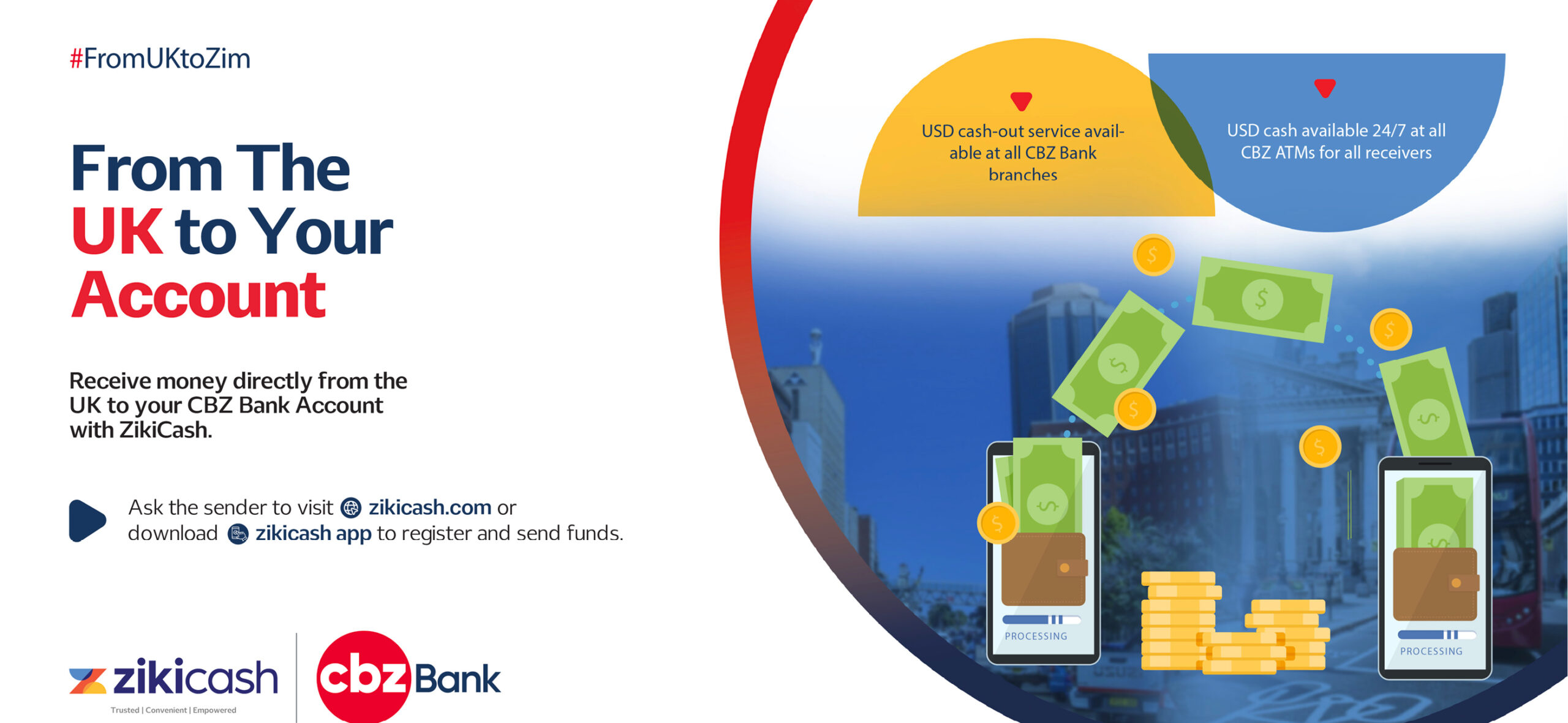Beaven Dhliwayo
THE Covid-19 pandemic has negatively impacted the Lesbian, Gay, Bisexual, Trans, Intersex and Queer (LGBTIQ+) members’ fight against HIV and Aids, as movement was restricted for them to get medication during lockdowns, Gays and Lesbians of Zimbabwe (Galz) says.
During a recent multi-stakeholder dialogue, Galz, in a report, said Covid-19 had tripled the vulnerability of LGBTIQ+) members to HIV and Aids.
“There has been diversion of resources to Covid-19 that has exacerbated already limited services resulting in suppressed immune systems due to HIV and Human Papillomavirus (HPV) as revealed by the diversion of Wilkins Hospital for Key Populations (KPs) to a centre designated for Covid-19 patients.
“There have been adjustments to less operating hours for KP-friendly places such as New Start, Newlands Clinic and this has affected the LGBTIQ+ community against a background of limited freedom of movement, time and amid infested state agencies (police and the army) positioned in the cities and towns,” the report said.
According to the report, which centred on the socio-economic challenges experienced by the LGBTIQ+ community in Zimbabwe during the pandemic, members’ movement during lockdowns was restricted such that they were unable to access anti-retroviral (ARV) drugs, post-exposure prophylaxis (PrEP) or go for testing.
“Wilkins in Harare is the best model clinic where sexual minorities feel free and without being judged and where they receive adequate attention to their health needs. Unfortunately it has been turned into a quarantine centre by the government without alternative quality facilities identified and designated considering they are a vulnerable and marginalised community,” the report further said.
The dialogue was attended by the Health ministry, Parliament, the Zimbabwe Gender Commission, National Aids Council, Zimbabwe Human Rights Commission, Zimbabwe Lawyers for Human Rights and the Voluntary Media Council of Zimbabwe, among other organisations.
While Zimbabwe does not have a law that bans homosexuality, it does however, not allow same sex marriages and is among a number of African countries that do not allow the practice.
In 2006, South Africa became the sole African nation to allow gay marriage.
The country has become a haven for African homosexuals who flee persecution at home or travel to the country to get married before returning home. The South African Constitutional Court ruled that criminalisation encouraged blackmail, police entrapment, violence and peripheral discrimination such as refusal of facilities, accommodation and opportunities.
Elsewhere in the region, Angola in 2019 scrapped a notorious “vices against nature” provision in its penal code, and made the refusal to employ or provide services to someone on the grounds of their sexual orientation liable to a jail term of up to two years.
According to the report, the streamlining of services during the Covid-19 pandemic has affected a number of people.
“In an audio interview with a community coordinator one female client explained that New Start Centre is only focusing on drug resupplies such as PrEP & ARVs. They are not treating any other ailments which an LGBTIQ+ member might present with.
“Before they could be treated sexually transmitted infections (STIs), headaches, diarrhoea or any other related health challenges and there are fears of increase in STIs infections during this Covid-19 period. Most of the LGBTIQ+ cannot afford a private doctor, they have become expensive even with a medical aid scheme shortfalls are often realised,” the report further said.
Due to the shrinking social space, mental health challenges including depression and anxiety also increased among LGBTIQ+ members in the country.
“Many face a hard time with their families because no one talks to them as they are considered an outcast. They are viewed and labelled as a disgrace in the family, as bad omen, satanic, demonic and causing deaths in the family. Already marginalised with no strong support system, one explained how they wished they could silently take a sleeping tablet and die alone quietly.”
The restrictions also resulted in increased alcohol and substance abuse among the LGBTIQ+ population, according to the report, as many resorted to buying smuggled beer posing serious health challenges for the members.
The report further stated that LGBTIQ+ members were also being affected by high prices of commodities at a time they are also subjected to hate speech.
“One female on social media commented that ‘this coronavirus, if it was not for gays, would not have been here. The Bible demonises homophobia’.”
Additionally, the report also bemoaned the limited access to psycho-social services as face-to-face counselling sessions are restricted to WhatsApp, emails and phone calls due to the pandemic.
“They are not very practical because of lack of adequate resources and the high cost of data and airtime in Zimbabwe. Counsellors strive to consider relative levels of safety and psycho-social support that the client experiences in their environment to plan for interventions.
“Among digital interventions, counsellors and psychologists are urged to consider increasing the client’s sense of safety, reducing stress, assessing what personal and social resources can be leveraged to resolve residual trauma and finding ways to empower the client to resolve social stigma and discrimination,” the report said.
The report also said that the LGBTIQ+ community was falling prey to false news and myths, especially where individuals have limited literacy.



